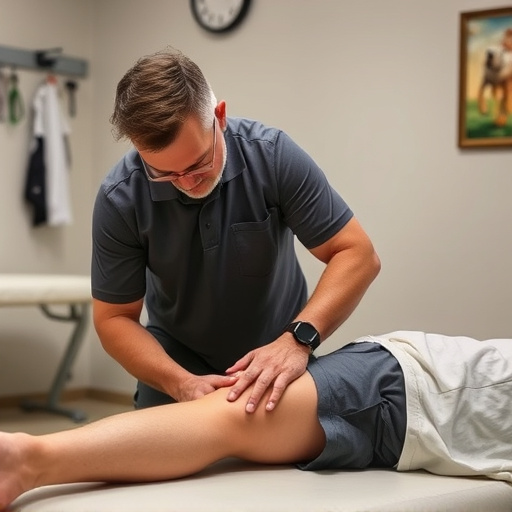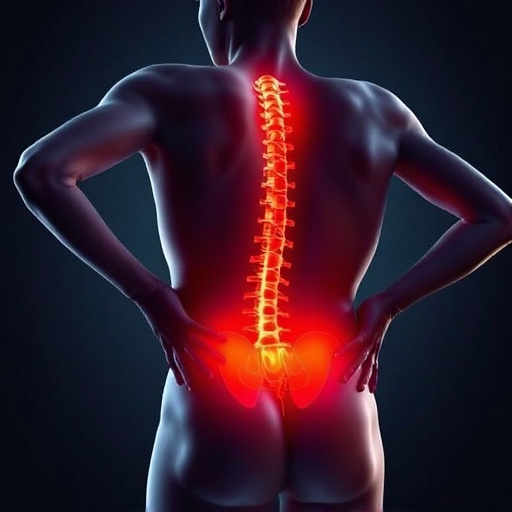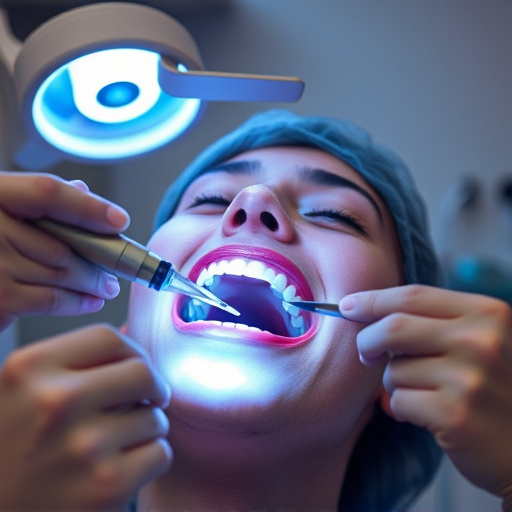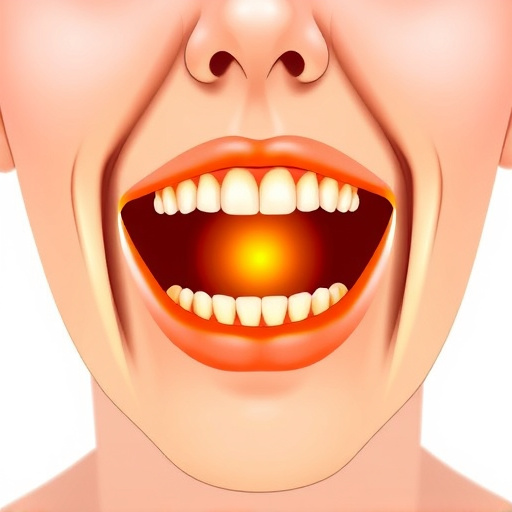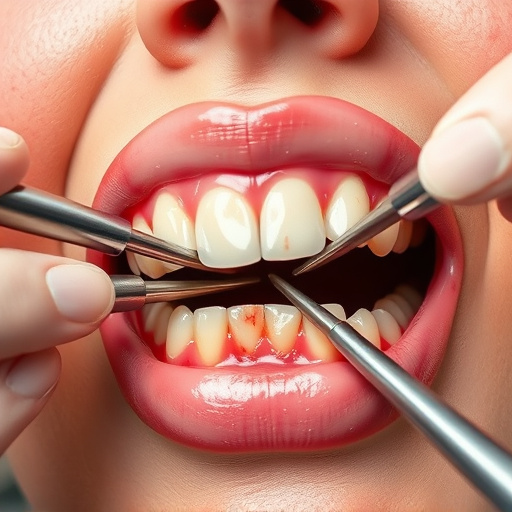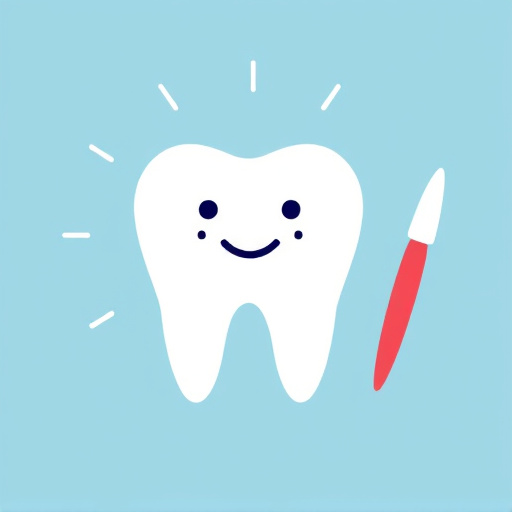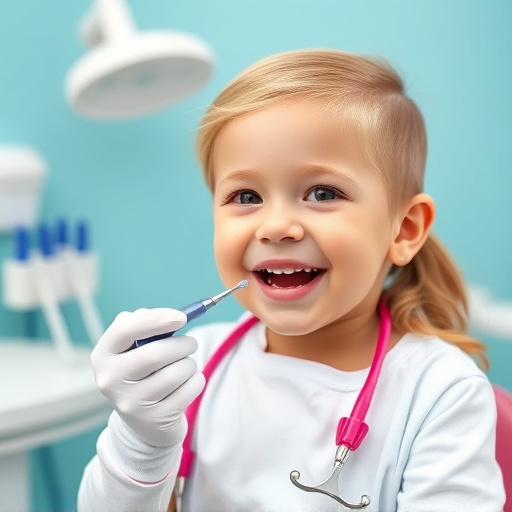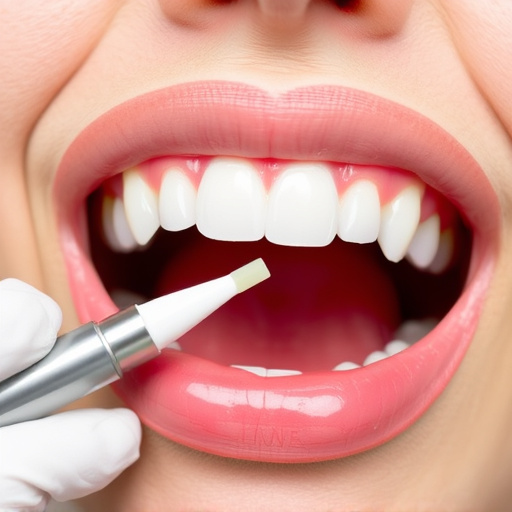Oral health assessment is a key preventive care practice, detecting decay and gum disease while evaluating overall mouth health. This proactive approach links oral health to systemic conditions like cardiovascular diseases and diabetes, enabling holistic treatment plans. A comprehensive assessment involves visual inspections, X-rays, and diagnostic tests, benefiting patients across age groups. Integrating regular dental check-ups into routine care promotes early issue detection and enhances overall well-being through effective tooth repair and improved quality of life.
Oral health assessment is an essential component of routine preventive care, offering a holistic view of an individual’s dental well-being. This comprehensive evaluation goes beyond cleaning and includes examining teeth, gums, and related structures for early detection of disease or potential issues. By integrating oral care into preventive measures, healthcare professionals can provide tailored guidance, promote self-care, and foster long-term oral health. Understanding the importance and components of a thorough oral health assessment is key to maintaining optimal dental hygiene.
- Understanding Oral Health Assessment Importance
- Components of a Comprehensive Oral Evaluation
- Integrating Oral Care into Routine Preventive Measures
Understanding Oral Health Assessment Importance
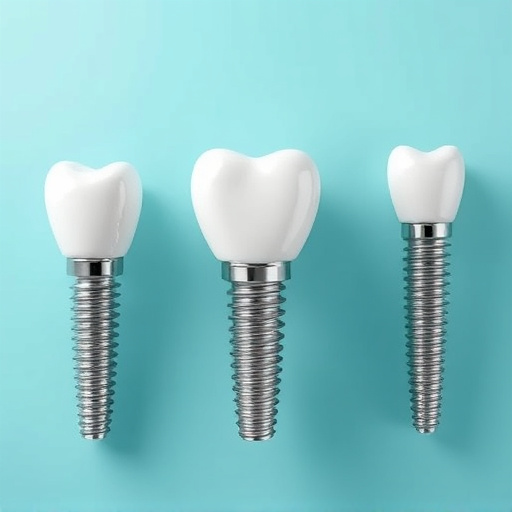
Oral health assessment is a fundamental component of preventive care, encompassing regular examinations and cleaning sessions that go beyond addressing immediate dental issues. By integrating these practices into our healthcare routines, we actively prevent diseases and maintain overall well-being. An oral health assessment includes not just visually inspecting teeth for decay or gum disease but also evaluating the health of gums, tongue, and other soft tissues. This proactive approach allows for early detection of potential problems, making restorative dentistry interventions more effective and less invasive.
Moreover, routine oral exams and dental cleanings play a pivotal role in maintaining a healthy mouth-body connection. Research suggests that periodontal (gum) disease has been linked to various systemic conditions such as cardiovascular diseases, diabetes, and respiratory issues. Regular assessments help identify these connections, enabling healthcare providers to offer holistic treatment plans. Therefore, prioritizing oral health assessment is not just about keeping teeth clean; it’s about safeguarding overall health and ensuring a vibrant, healthy life.
Components of a Comprehensive Oral Evaluation
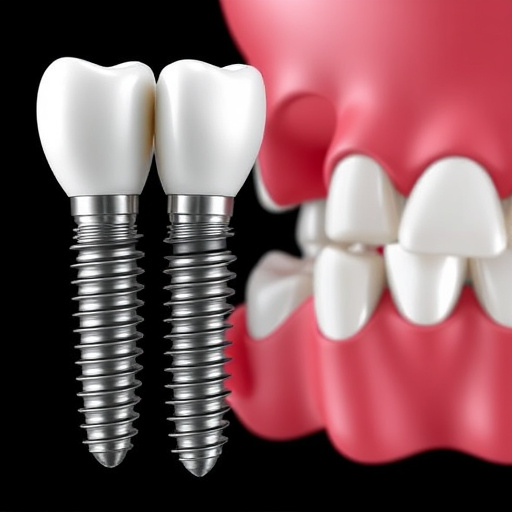
A comprehensive oral evaluation goes beyond a simple check-up; it’s a meticulous examination designed to uncover potential issues early on. This process involves several key components, all aimed at promoting optimal oral health and preventing future problems. Initially, the dentist will conduct a thorough visual inspection of the teeth, gums, tongue, and mouth, looking for signs of decay, gum disease, or any abnormalities. This includes assessing tooth structure, color, and alignment, as well as checking for signs of trauma or injury.
Additionally, diagnostic tools such as X-rays play a crucial role in this assessment, providing detailed images that can reveal hidden cavities, impacted teeth, or bone loss. The dentist might also utilize specialized equipment to measure gum pocket depths, assess oral tissue health, and evaluate the overall functionality of the jaw joint. In some cases, they may recommend additional tests like oral cancer screenings or blood work, especially when addressing systemic health concerns that can impact oral well-being. This holistic approach ensures that both common and complex dental issues are addressed, benefiting patients from all age groups, including those interested in children’s dentistry or cosmetic dentistry procedures like dental bonding.
Integrating Oral Care into Routine Preventive Measures
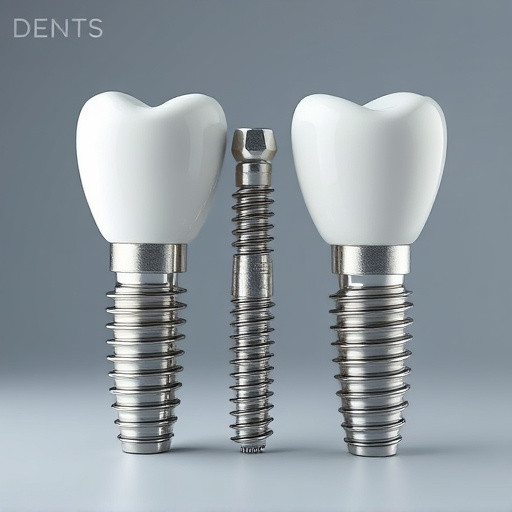
Integrating oral health assessment into routine preventive care measures is a crucial step towards maintaining overall well-being. Regular check-ups and oral examinations play a vital role in early detection of dental issues, allowing for prompt intervention and effective tooth repair. By combining these practices with other preventive measures such as proper hygiene routines and diet education, individuals can significantly reduce the risk of common dental problems.
This holistic approach to oral care encompasses not just the treatment of decay and disease but also the enhancement of cosmetic aspects. Restorative dentistry techniques, including cosmetic fillings, offer both functional and aesthetic benefits, ensuring that smiles remain healthy and vibrant. Such integrated strategies not only preserve tooth structure but also contribute to improved confidence and overall quality of life.
Oral health assessment is an integral part of comprehensive preventive care, allowing for early detection and management of dental issues. By integrating routine oral evaluations into general healthcare practices, we can significantly improve overall well-being. A thorough understanding of the components outlined in this article ensures that professionals and individuals alike recognize the value of oral health assessment, fostering a healthier, more vibrant community.

